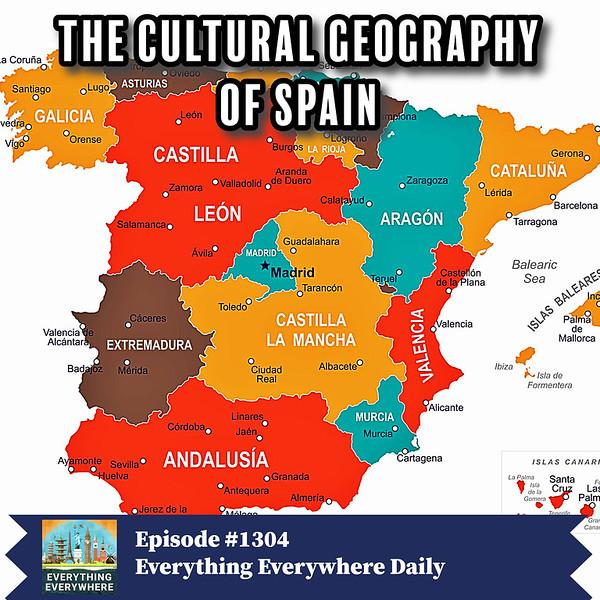Spain has formally acknowledged the “pain and injustice” inflicted upon the Indigenous peoples of Mexico during its colonial rule, marking a significant moment in the ongoing dialogue between the two nations. This historic admission comes amid growing calls for recognition and reconciliation over centuries-old grievances rooted in conquest and colonization. The statement, reported by Mexico Solidarity Media, underscores Spain’s willingness to confront a painful legacy and opens new possibilities for healing and cooperation between Spain and Mexico’s Indigenous communities.
Spain Acknowledges Historical Wrongs Against Indigenous Peoples of Mexico
In a landmark move, Spain has formally recognized the historical injustices inflicted upon the indigenous communities of Mexico during the colonial era. This acknowledgment comes after years of persistent calls from activists and indigenous leaders, emphasizing the need for historical accountability and reparative dialogue. Spanish officials expressed deep regret over the pain and suffering caused by conquest, forced labor, and cultural suppression that have left enduring scars on Mexico’s indigenous populations. The statement also highlighted the importance of fostering mutual respect and collaboration in future bilateral relations.
The declaration outlined specific areas requiring attention to address the colonial legacy:
- Restoration of cultural heritage and protection of indigenous languages
- Support for economic development initiatives in indigenous regions
- Educational programs that acknowledge indigenous histories and contributions
- Joint research efforts aimed at uncovering and preserving archeological sites
| Impact Area | Historical Context | Current Initiatives |
|---|---|---|
| Culture | Suppression of indigenous beliefs and practices | Revitalization programs and cultural festivals |
| Language | Decline due to Spanish dominance | Bilingual education in affected regions |
| Land | Loss through colonial land policies | Land rights dialogues and legal support |
| Economy | Exploitation during encomienda system | Microfinance and indigenous entrepreneurship |
Analyzing the Impact of Colonial Injustices on Contemporary Indigenous Communities
Decades of colonial rule have left deep scars on Indigenous communities in Mexico, with Spain’s recent acknowledgment bringing renewed focus to the lingering consequences. These communities continue to grapple with systemic inequalities rooted in centuries-old injustices, including land dispossession, cultural erasure, and socio-economic marginalization. The legacy of colonial policies disrupted traditional governance systems and enforced assimilation, the effects of which are evident in ongoing struggles for rights, representation, and cultural preservation.
Key contemporary challenges faced by Indigenous peoples include:
- Limited access to quality healthcare and education
- Displacement due to resource extraction and infrastructure projects
- Underrepresentation in political and legal frameworks
- Persistent discrimination and cultural stigmatization
| Issue | Historical Cause | Modern Impact |
|---|---|---|
| Land Loss | Colonial expropriation | Displacement & land conflicts |
| Cultural Suppression | Forced assimilation & bans | Language & tradition endangerment |
| Political Exclusion | Colonial governance structures | Lack of representation & rights |
Calls for Reparations and Policy Reforms to Address Indigenous Rights and Cultural Preservation
Activists and Indigenous leaders have intensified their demands for reparations, urging the Spanish government to move beyond mere acknowledgments and implement concrete policy reforms. They emphasize that addressing historical grievances requires not only financial compensation but also systemic changes that protect the rights, lands, and cultures of Indigenous communities. Among their key calls are:
- Official reparations payments aimed at supporting community development and cultural revival.
- Recognition of Indigenous land rights to prevent further exploitation and promote environmental stewardship.
- Inclusive education reforms that accurately reflect Indigenous histories and languages.
- Establishment of oversight bodies co-managed by Indigenous representatives to ensure ongoing policy accountability.
Policy experts highlight that sustainable change depends on collaborative frameworks that elevate Indigenous voices to the forefront of decision-making. Proposed frameworks focus on restorative justice principles and prioritize cultural preservation as a core goal. Below is a summary of proposed reforms and their intended impacts:
| Proposed Reform | Expected Outcome |
|---|---|
| Land Rights Recognition | Empower communities to manage ancestral territories |
| Language Revitalization Programs | Preserve Indigenous languages for future generations |
| Cultural Heritage Funding | Support traditional arts, ceremonies, and knowledge sharing |
| Legal Reforms | Ensure justice for past abuses and protection against discrimination |
In Conclusion
Spain’s formal acknowledgment of the pain and injustice inflicted upon the Indigenous peoples of Mexico marks a significant, albeit symbolic, step in addressing centuries of historical grievances. While this gesture opens the door for further dialogue and reconciliation, many advocates stress the need for continued actions that translate recognition into tangible support for Indigenous communities. As Mexico and Spain navigate this complex legacy, the path forward will likely require sustained commitment from both nations to confront and redress the enduring impacts of colonialism.




